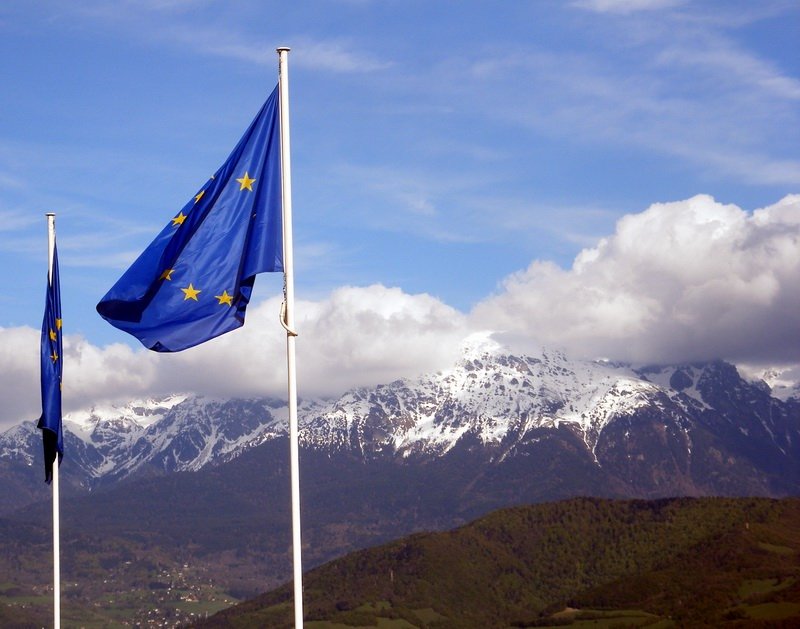(EUCAM) (Co-authored by Jos Boonstra, Marlene Laruelle, Andreas Marazis, and Tika Tsertsvadze) Over the past decade, the European Union (EU) has become an active actor in Central Asia. It has expanded its diplomatic presence, established co-operation mechanisms and increased its development cooperation. However, so far, the EU’s impact in terms of improving the security situation or helping to build democratic societies that respect human rights has been limited. It is now time to put the EU’s political and development cooperation infrastructure to good use to deepen relations and start generating long-lasting impact in Central Asia.
In June 2017, the European Council agreed to renew the 2007 EU Strategy for Central Asia by the first half of 2019. As the European External Action Service (EEAS) drafts a new strategy, the Europe-Central Asia Monitoring (EUCAM) initiative wishes to contribute by providing insights and recommendations. Rather than looking back and reviewing the current strategy and its implementation, EUCAM has looked ahead and hereby presents some ideas on what an ideal new strategy should look like in terms of content and format. […]
Read More © EUCAM











